Expert Masonry Services for Lasting Results

Spring offers moderate temperatures ideal for masonry projects, reducing the risk of cracking or shifting caused by extreme weather.
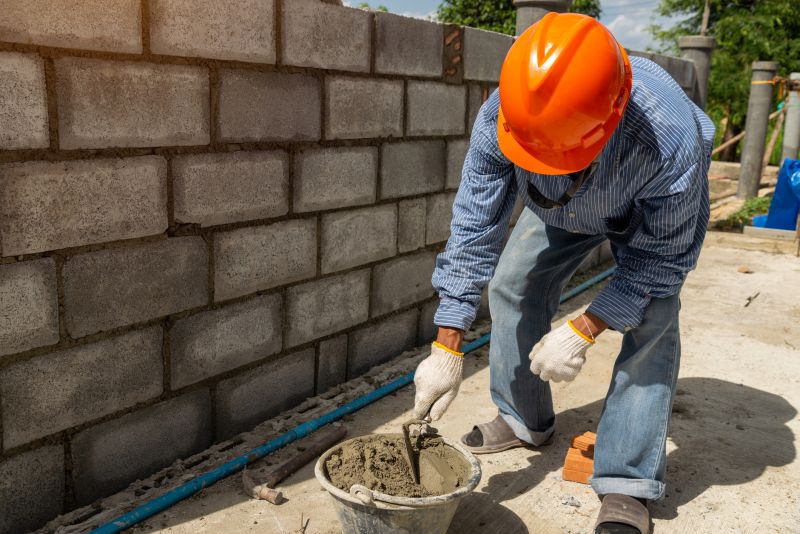
While summer provides longer daylight hours, high temperatures can affect mortar curing and material handling.
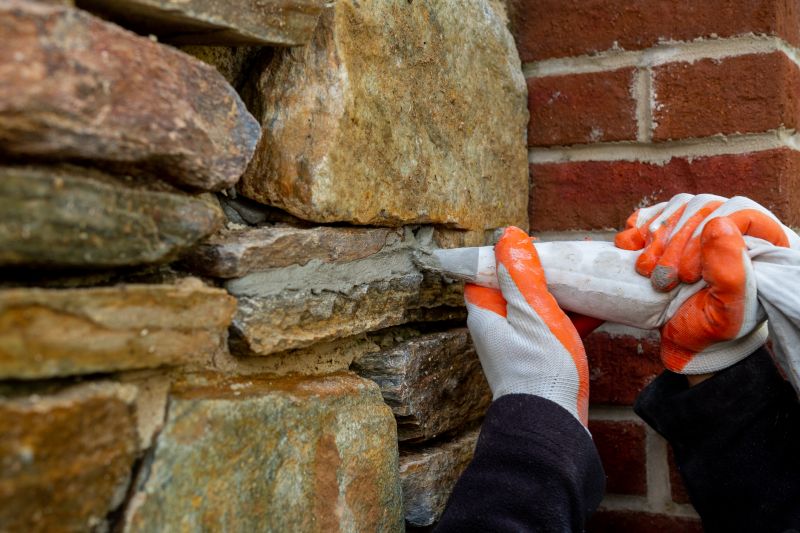
Fall's cooler weather allows for effective masonry work, with less risk of rapid drying or freezing conditions.
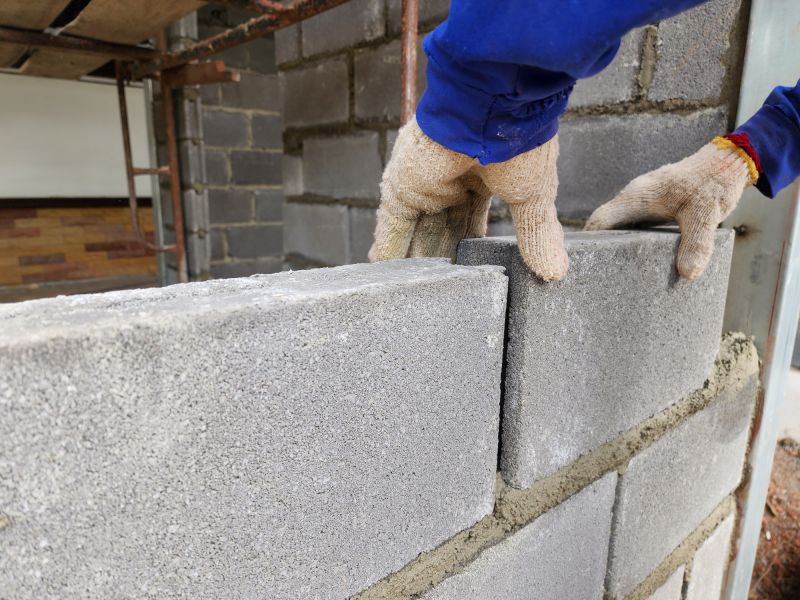
Winter temperatures can hinder masonry work due to freezing conditions, which impact mortar setting and material stability.
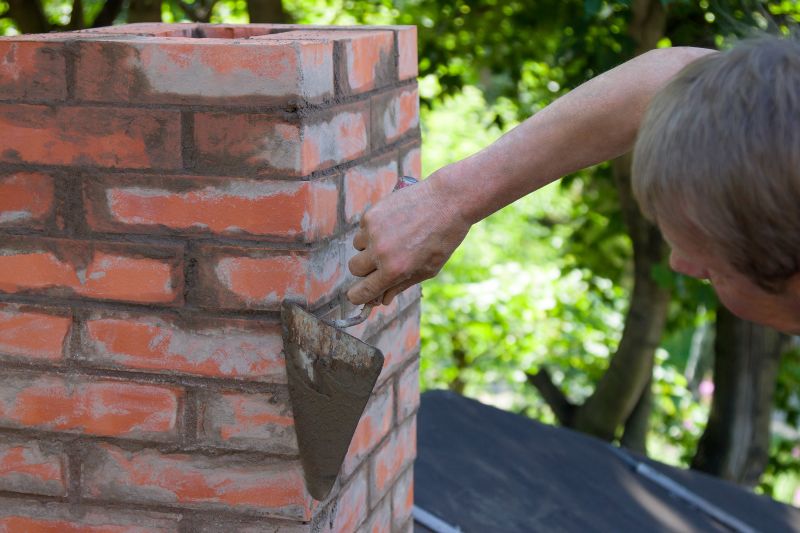
Generally, spring and fall are considered the optimal seasons for masonry services due to favorable weather conditions.
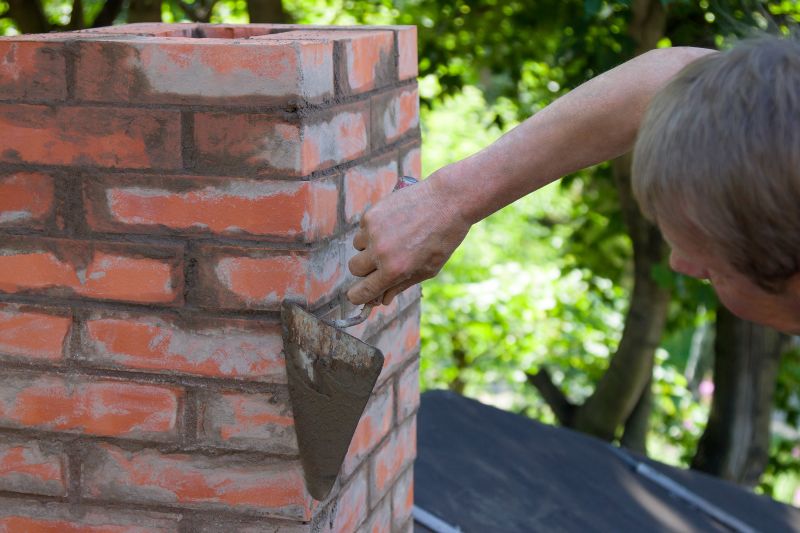
Weather fluctuations, including rain and temperature extremes, can delay or affect the quality of masonry work.
Masonry services encompass the construction, repair, and restoration of structures using materials like brick, stone, and concrete. Proper timing ensures optimal results, with weather conditions playing a crucial role in the durability and appearance of masonry work.
Statistics indicate that masonry projects completed during moderate weather seasons tend to have fewer delays and higher quality outcomes. Planning masonry work during spring or fall can minimize weather-related issues and improve longevity of the structure.

Spring is ideal for repairing and restoring masonry, allowing materials to set properly without weather interference.
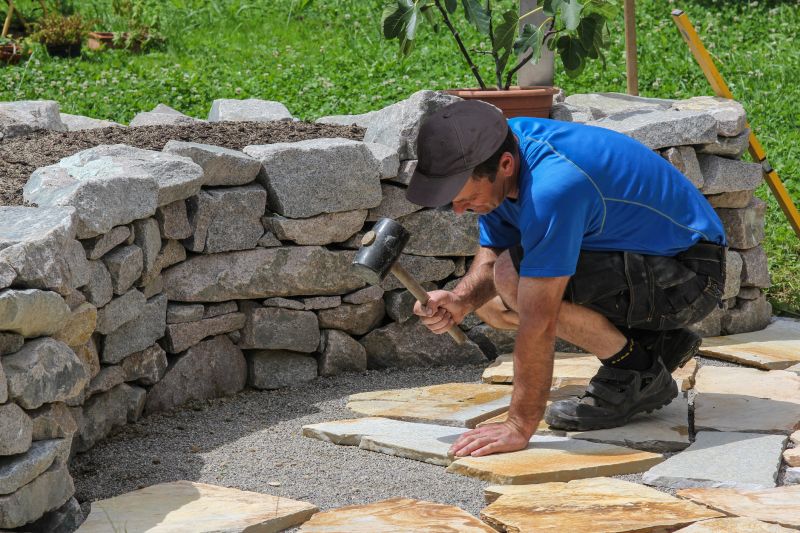
Fall provides cooler conditions that help in the curing process and reduce the risk of damage from temperature fluctuations.
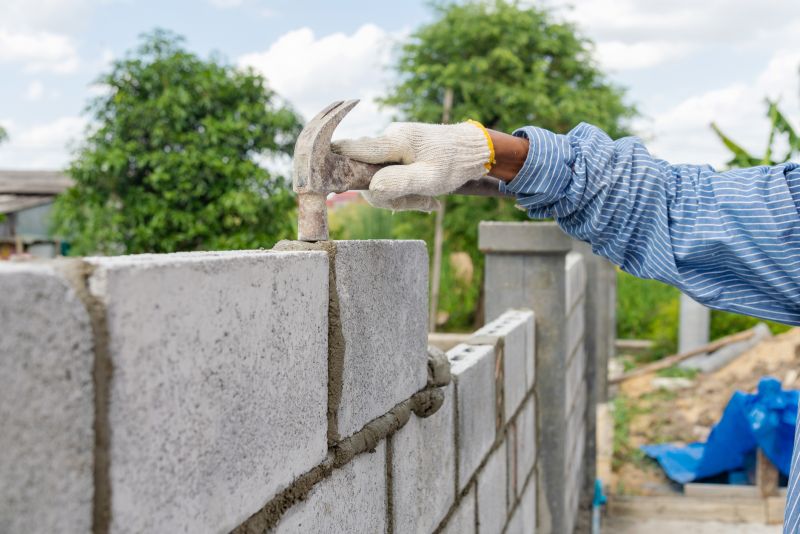
Summer can be suitable if work is scheduled during cooler parts of the day to prevent mortar drying issues.
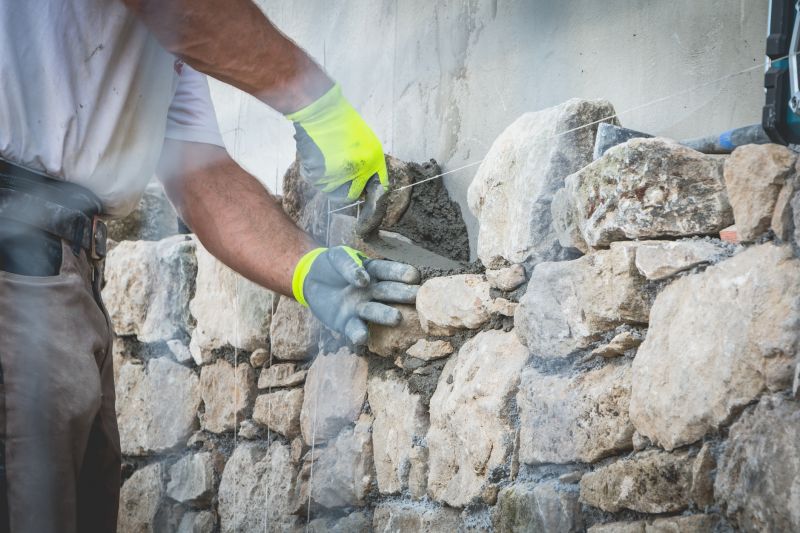
Winter should generally be avoided for new masonry work unless proper heating and protective measures are in place.
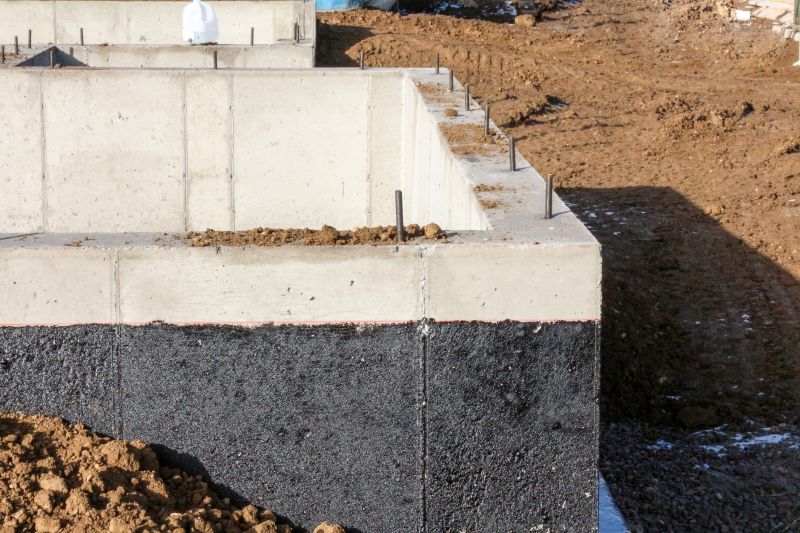
Weather influences the performance of mortar and concrete, affecting bonding and structural integrity.
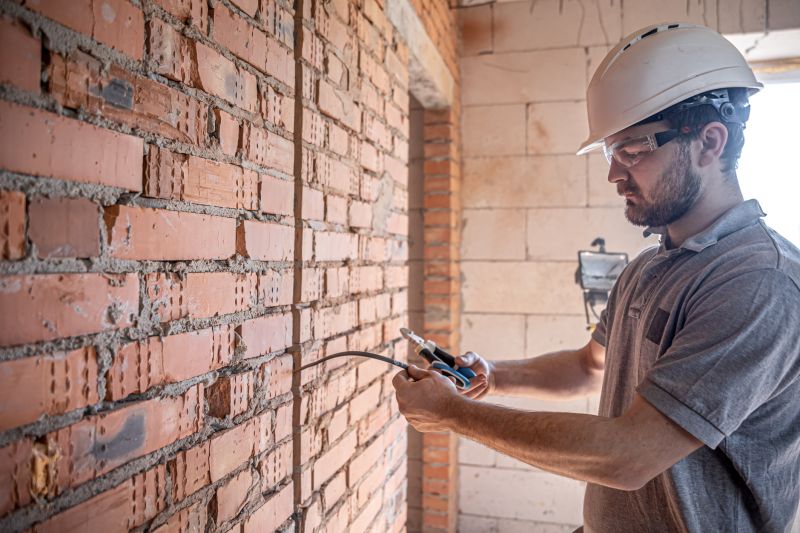
Scheduling masonry work during optimal weather conditions can lead to better results and fewer repairs.
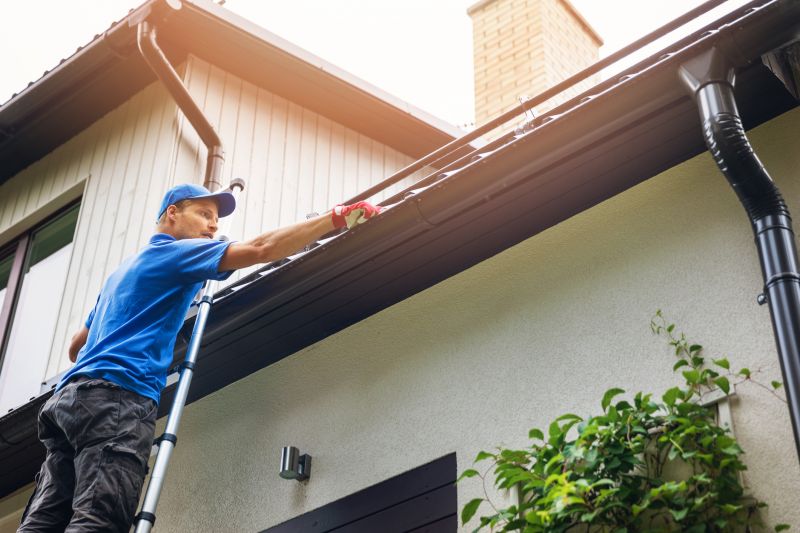
Seasonal inspections and minor repairs are best scheduled during mild weather to prevent deterioration.
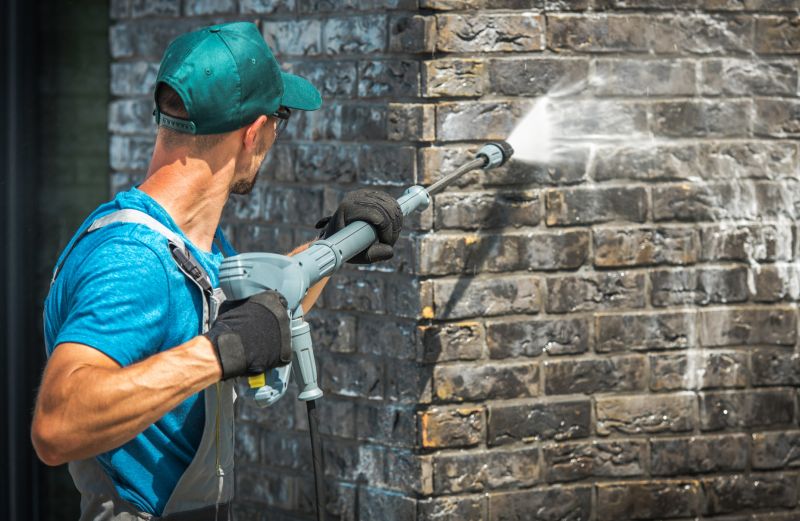
Understanding local climate patterns helps in planning masonry projects that last longer and require less maintenance.
| Season | Ideal for Masonry Service |
|---|---|
| Spring | Yes, due to moderate temperatures and low precipitation. |
| Summer | Possible, if scheduled during cooler times of day. |
| Fall | Yes, with cooler weather supporting curing and setting. |
| Winter | No, due to freezing temperatures affecting mortar and materials. |
| Late Fall | Less ideal, unless protective measures are used. |
| Early Spring | Ideal, as weather begins to warm. |
| Late Spring | Suitable, with stable weather conditions. |
| Early Fall | Optimal for most masonry projects. |
Understanding the best times for masonry service can improve project outcomes and extend the lifespan of structures. Proper scheduling according to seasonal conditions minimizes weather-related issues and enhances material performance.
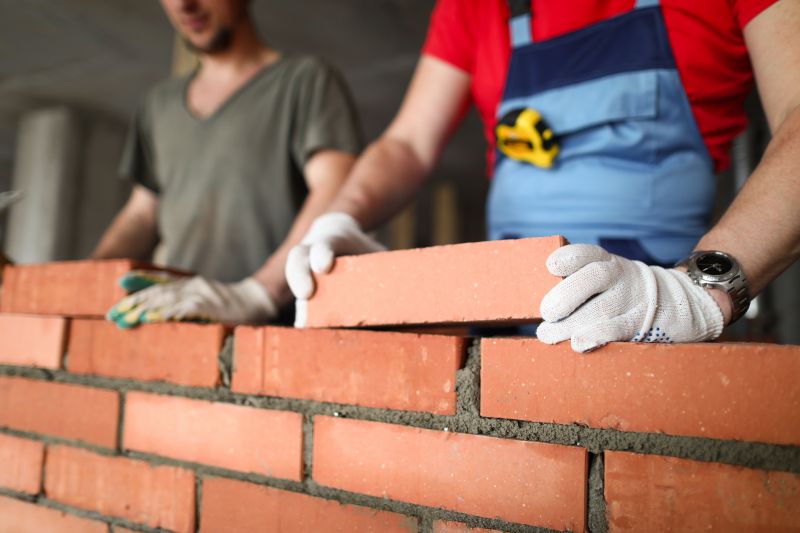
Showcasing masonry projects during favorable weather conditions to ensure quality results.

Highlighting the importance of scheduling repairs during optimal seasons.
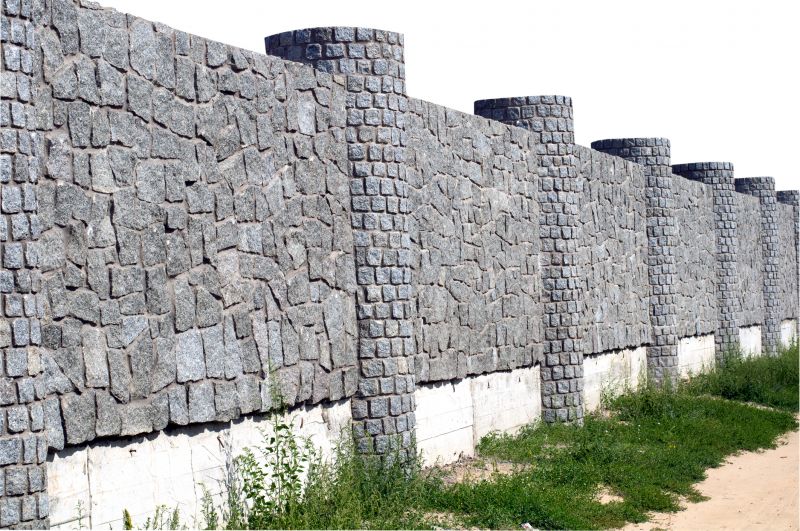
Displaying durable and well-crafted masonry work suited for various weather conditions.
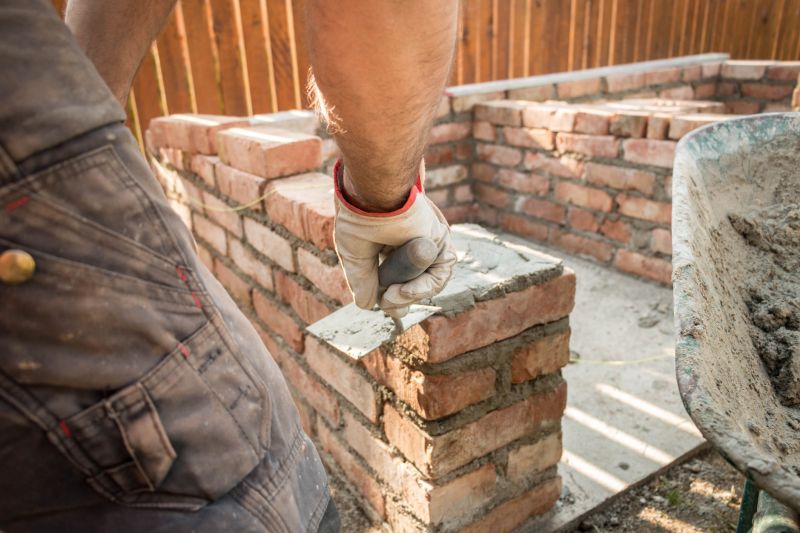
Illustrating the materials used for masonry projects in different seasons.
Interested in scheduling masonry services? Filling out the contact form provides an opportunity to discuss project timing and ensure work is completed under optimal conditions for lasting results.
Ways to make Masonry Service work in tight or awkward layouts.
Popular materials for Masonry Service and why they hold up over time.
Simple add-ons that improve Masonry Service without blowing the budget.
